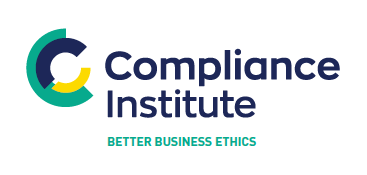Compared to 2021, employees in Ireland are more likely to have been aware of misconduct at work and have felt more pressure to compromise on their organisation’s standards of behaviour. However, they are much more likely than in 2021 to speak up about misconduct they have been aware of. The most prominent reason why employees In Ireland do not speak up about misconduct that they have been aware of is because they do not want to be seen as a troublemaker by management.
Compared to 2021, employees in Ireland are more likely to be aware of four building blocks of an ethics programme. They are of the view that their organisation acts responsibly towards external stakeholders and employees have a clearer understanding than the global average of what is expected of them in terms of ethical behaviour. However, discussing issues of right and wrong in staff meetings is not as common as in other countries.
Data for Ireland were first collected in 2018 as indicated in the global report. The findings in this country-specific report compare 2024 data against 2021 data, the last data point.





